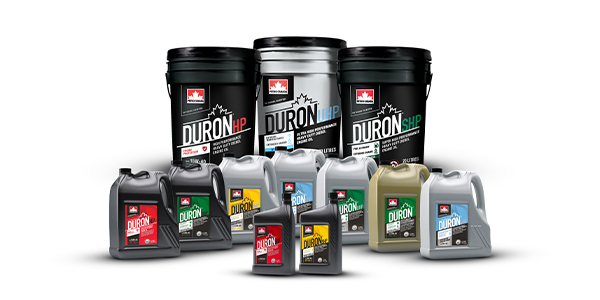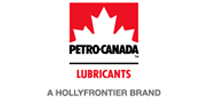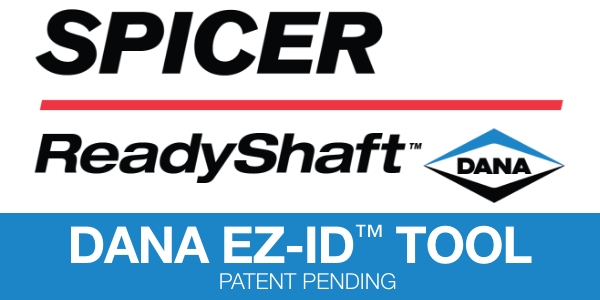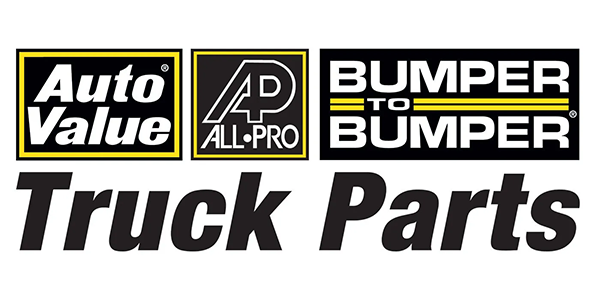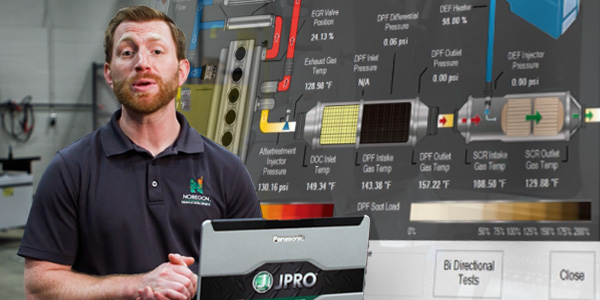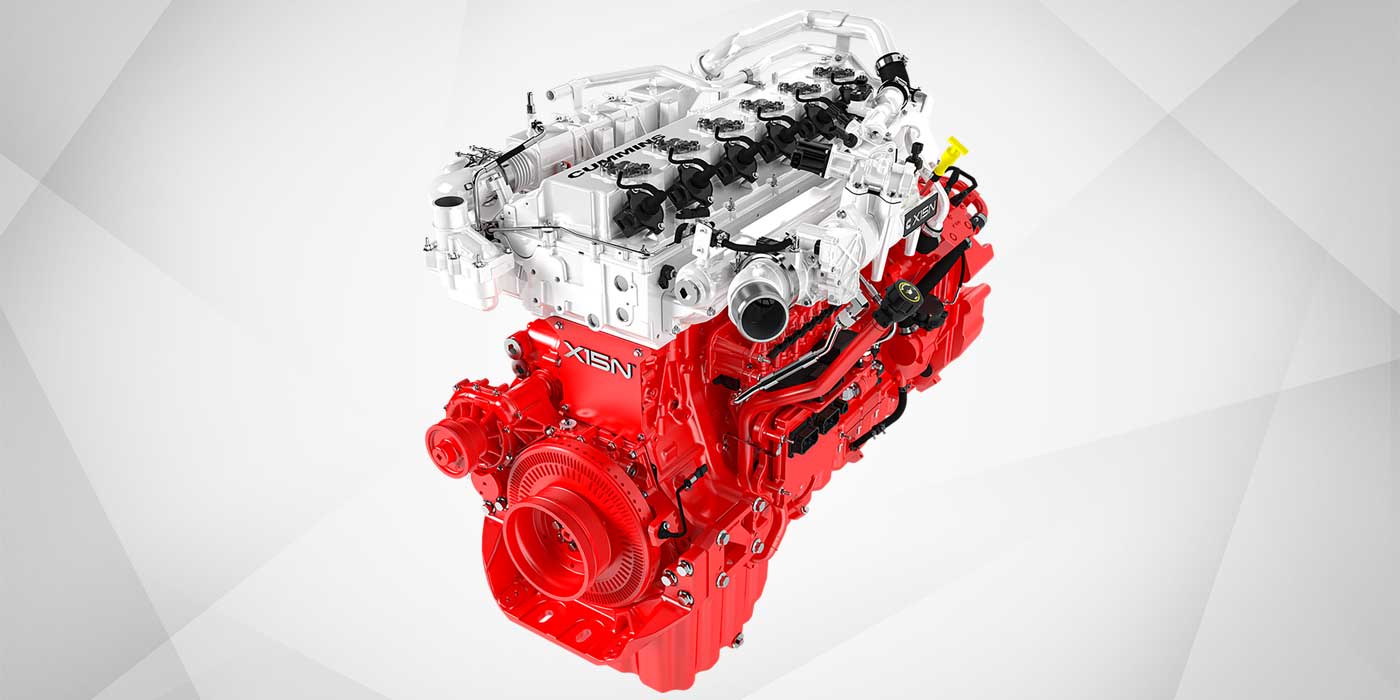Winter provides fresh challenges for fleets. Plummeting temperatures cause operational issues for drivers and if ignored, can lead to vehicle breakdown and the subsequent time, cost and effort getting the vehicle back on the road.
Unplanned downtime has a huge impact on a business’ bottom line, so as winter approaches it’s important for fleets to make informed lubricant choices.
The winter months expose engines to stressful conditions, such as cold starts, that can increase the wear rate of the engine and its vital components. These freezing temperatures will result in the engine lubricant taking longer to warm up, impacting the flow of oil around the engine and reducing the level of protection that the oil offers.
All lubricants have optimal temperature ranges. Taking the oil outside of that range will result in sub-optimal performance. Take extremely cold conditions as an example – when the temperature drops into the ‘critical’ zone of an oil’s operating parameters, the lubricant can stiffen or become overly viscous, causing wear rates to increase and when under stressful conditions, engines can seize up or in some cases, fail.
There are steps that fleets can take to protect their engines, and bottom lines, against extreme weather conditions in the winter. Selecting the right quality engine oil is an important first step and can provide protection in all weather conditions. When it comes to cold extremes, high quality heavy-duty engine lubricants offer a world of benefits.
What can engine lubricants do?
Heavy-duty engine oils, like the DURONTM product line, minimizes friction between moving components, while reducing pumping and rotational losses. This reduces viscous drag and will result in increased engine efficiency, including improved fuel economy
For vehicles operating in cold conditions, switching to a lower viscosity oil is recommended to maintain flow as temperatures fall. These types of lubricants move more quickly around the engine and ensure proper and adequate flow to protect the engine’s crucial components. By adopting the lowest viscosity grades as recommended by the specific Original Equipment Manufacturer (OEM) ambient temperature range, the entire vehicle’s powertrain can experience improved efficiency benefits.
Vehicles with newer engines run at higher temperatures which adds additional stress to conventional lubricants and in turn increases the rate of oxidization and degradation. To help address this, select an oil that offers greater resistance to oxidation, improved aeration control and shear stability.
Considerations for cold temperatures
There are further considerations that can be made for fleets regularly operating in very cold climates. It may be worth considering engines oils with improved low temperature performance as these oils ensure enhanced engine protection when working in the extreme cold. Choosing a lubricant that has a lower cold cranking viscosity (CCS) means that the fluid will flow faster through the engine upon start-up in cold temperatures which provides better wear protection.
Fleets should only change a vehicle’s engine oil after consulting with the OEM. Conducting seasonal oil changes can lead to increased downtime, so how can owners and operators protect their fleets during the winter months and avoid unnecessary oil changes?
Year-round solutions
Multigrade oil such as SAE 10W-30 is a popular choice for vehicle owners and operators that work in both extremely hot and cold temperatures. This is ideal for fleets travelling across North America that will experience temperature extremes throughout the year. Choosing a solution like this means fleets only need to stock one product rather than two to meet temperature requirements and avoid seasonal oil changes. However, it’s important that the choice of engine lubricant is only made after consulting the OEM ambient temperature recommendations provided in the owner’s manual.
Full synthetic and synthetic blend engines oils should also be a consideration. They offer better stability than conventional oils and benefit from improved performance in varied weather conditions. Fully synthetic engine oils take advantage of specialized base oils to provide enhanced properties and longer life, leading to greater levels of performance and a year-round solution.
Informed oil selection decisions can help fleets to deal with the challenges posed by the extreme conditions of winter. By prioritizing superior protection in cold conditions and considering alternative types of engine oils, fleets don’t have to accept reduced oil performance during the winter.
This article was sponsored by Petro-Canada Lubricants. To find out more about Petro-Canada Lubricants visit lubricants.petro-canada.com.
TM Owned or used under license.

